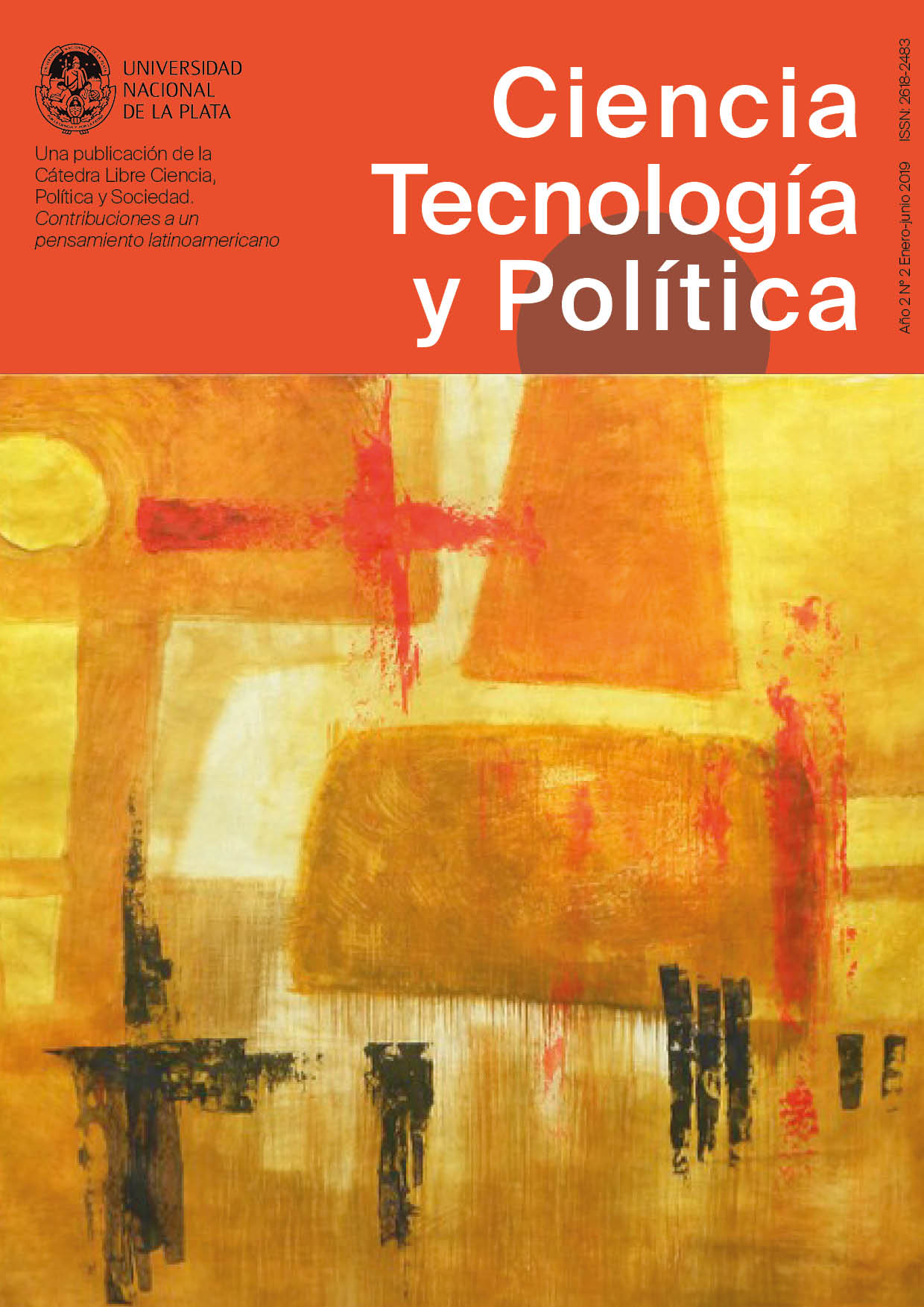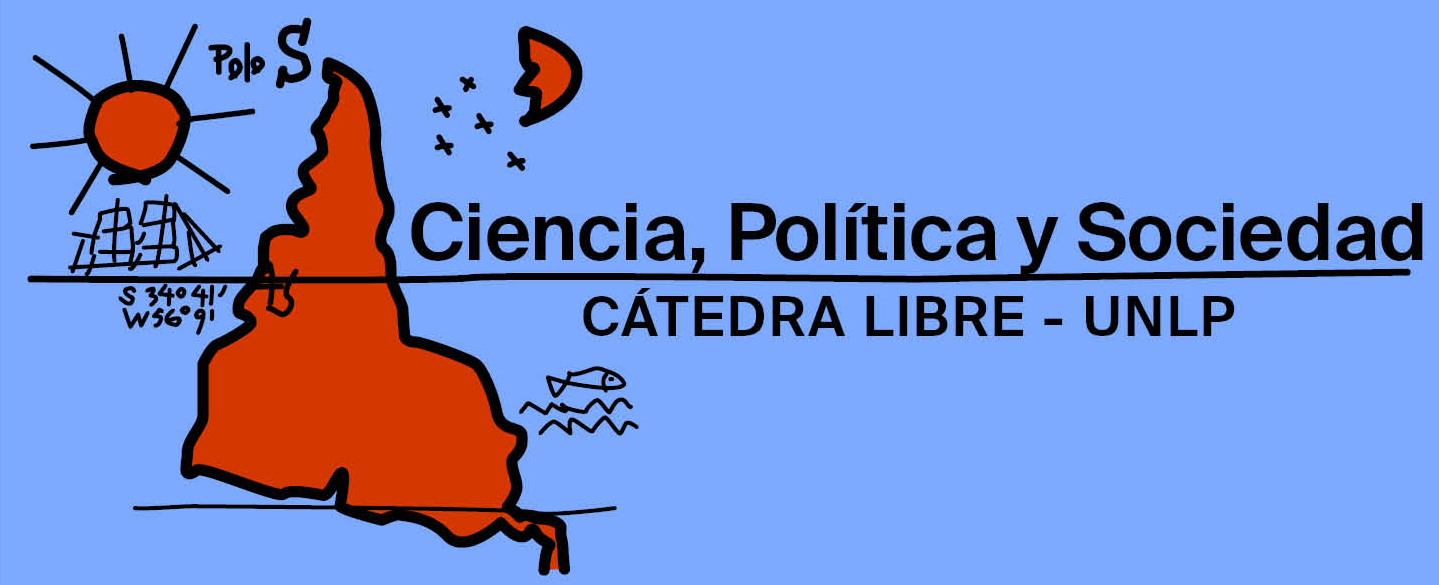Public Housing Policies
Impacts and limitations of ProCreAr Program
DOI:
https://doi.org/10.24215/26183188e018Keywords:
ProCreAr, public policy, housing, urban landAbstract
We analyze the impacts and limitations of the Argentine Bicentennial Credit Program for Single Family Housing (ProCreAr), a countercyclical public policy that sought to combine the revitalization of the economy and the generation of employment with access to housing by the middle sectors. The absence of a clear policy in the production and regulation of urban land explains the existence of decoupling between the macroeconomic and territorial dimensions of the program, which are expressed not only in the deficit of urban land at the time of its implementation but also in the effects of the implementation itself. The challenges and potentialities that habitat - as a multidimensional reality -have for the social and productive development of the country are discussed. As well as the place that science and technology could take in those processes.
Downloads
Metrics
Published
How to Cite
Issue
Section
License
The authors whose texts are published in this Journal surrender their ownership rights in favour of the editor in a non exclusive manner, i.e. the authors can enter into other independent and additional contracts to publish their text, e.g. including it in an institutional repository, thematic or otherwise, publish it in a book, or others, as long as it is overtly stated that the work was first published in this Journal.
The responsibility for each published paper as regards its content relies exclusively on its authors, holding the editors harmless for any legal liabilities.
The texts of the Journal shall be published under the Creative Commons 4.0 BY-NC-SA license. Therefore, the editors are free to:
1) Share, copy and redistribute the material using any means or format.
2) Adapt, remix, transform and create from the material, under the following conditions:
a) Attribution — credit to this work must be given in an appropriate manner, providing a link to the license and indicating if changes have been made.
b) Non-Commercial Use — no use may be made of the published material for commercial purposes.
c) Share Equal — Authors remixing, transforming or creating from the material must distribute their contribution under the same license as the original.




































